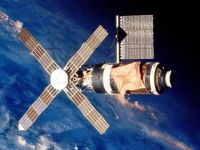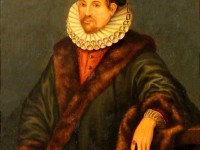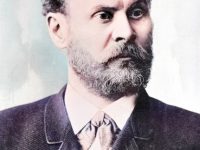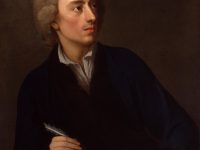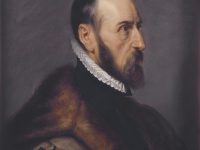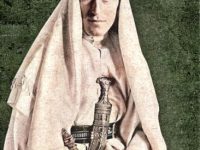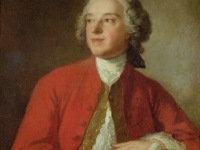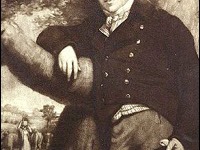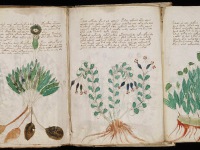The First US Space Station Skylab
On May 25, 1973, the first crew of astronauts reached the US space station Skylab. Skylab was the very first US space station and orbited Earth from 1973 to 1979. A Brief History of Space Stations The first to give serious, scientifically grounded consideration to space stations were Konstantin Tsiolkovsky [7] and Hermann Oberth [8] about two decades apart in the early 20th century. In 1929 Herman Potočnik‘s The Problem of Space Travel was published,…
Read more

